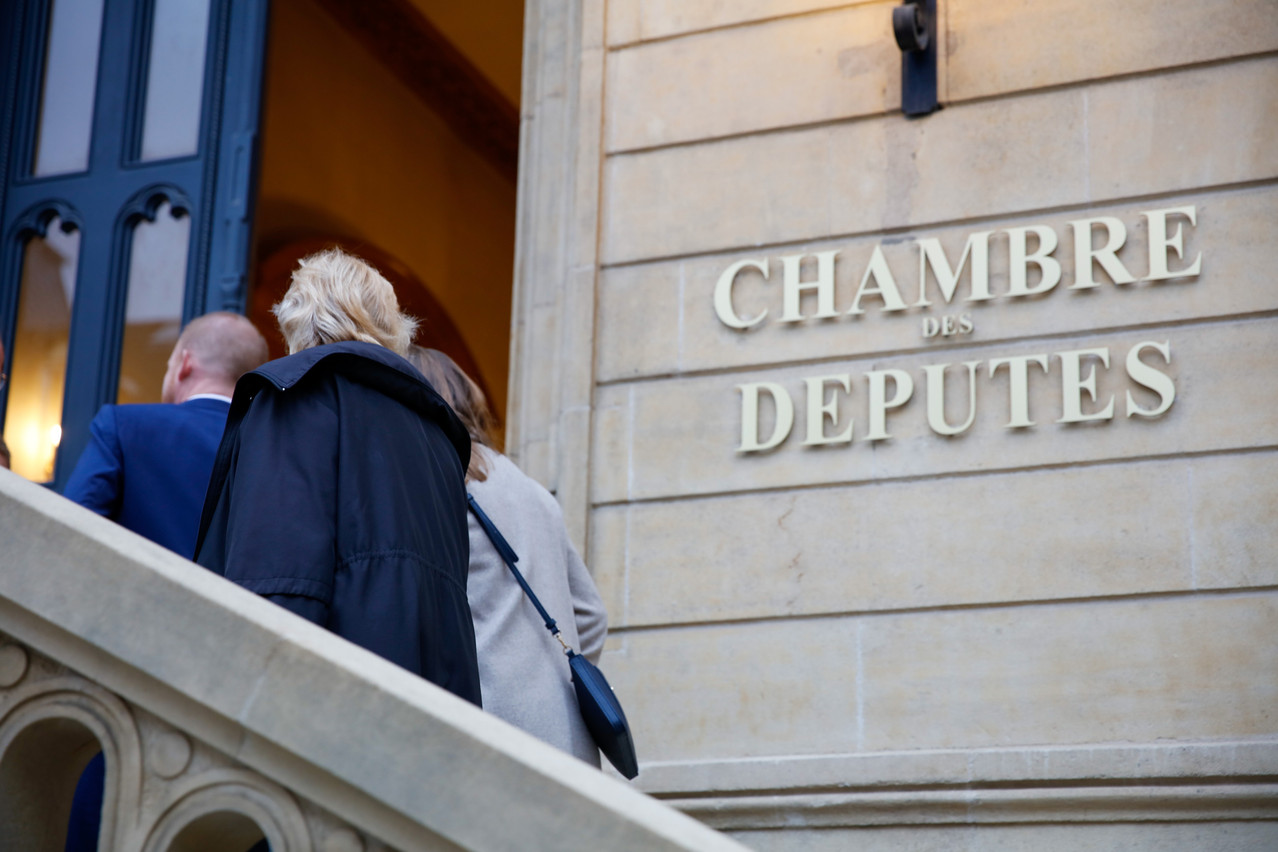The parliament is becoming more transparent after MPs voted on Thursday 9 December to set up a “transparency register”. In concrete terms, anyone wishing to meet an MP to influence a law must register beforehand. Otherwise, the MP must refuse the meeting. This applies whether the meeting takes place in an office, a bar, a restaurant or even a private place.
There are some exceptions, such as meetings for the provision of legal, professional, technical or scientific advice. Meetings between MPs and citizens who report to them on their personal situation and private interests should not be registered either. Also excluded from the transparency register are MPs, other state institutions or organisations representing local, communal and inter-communal authorities and professional chambers.
This was originally an initiative of the Piratepartei in 2019 and has since been taken up in response to pressure from the Group of States against Corruption (Greco).
Public information
The register, which can be consulted via the parliamentary administration, contains the name, legal form, address, telephone number, e-mail, company number, corporate purpose and the name of the represented third party if applicable. Names and legal forms will also be published on the parliament's website. An MP must also mention during committee debates whether a contact with a person on the register may have had an impact on the law under discussion.
The text that was recently voted on does not, however, say anything explicit about how to check that MPs are filling in the register. The chairman of the parliamentary committee on rules of procedure, Roy Reding (ADR), told Delano's sister publication Paperjam: “I think that MPs will comply. The register will be public. If someone is caught, it exposes them to bad publicity.”
This story was first published in French on . It has been translated and edited for Delano.
